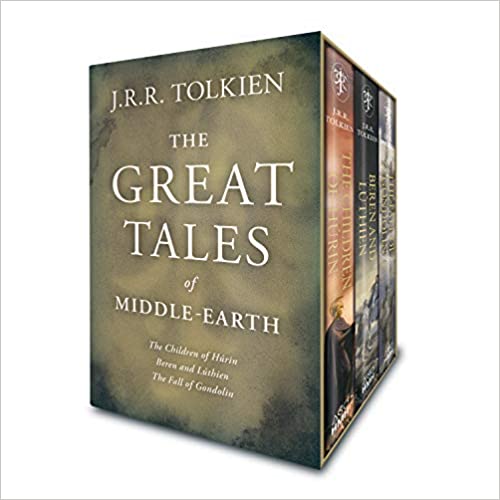In the third of his great tales from the first age of Middle Earth, there is a point in which Ulmo, the god of the sea, a sort of cross between Aquaman, Poseidon and Neptune with a Nordic flare, tells Tuor the main character in the ‘Fall of Gondolin’ tale the following: “in the armor of Fate…there is ever a rift, and in the walls of Doom a breach, until the full-making, which ye call the End.” (p. 165). What Ulmo is telling Tuor is that though there is a destined or determined plan or fate for his life, YET there is an opportunity, however slender, to change one’s fate or destiny. Until one reaches the end of the journey, there is always a possibility to alter the outcome. Where there’s life, there is hope and an opportunity for change, and a better outcome for one and all. This it seems to me is a helpful way to look at things, and what it means is that while there is a divine design and plan, at the same time human beings have to respond to the call (as Tuor had avoided doing for a long time when Ulmo had beckoned him to come here or there) and they have some choice, some say in the matter, which can alter the course of events, at least for them.













